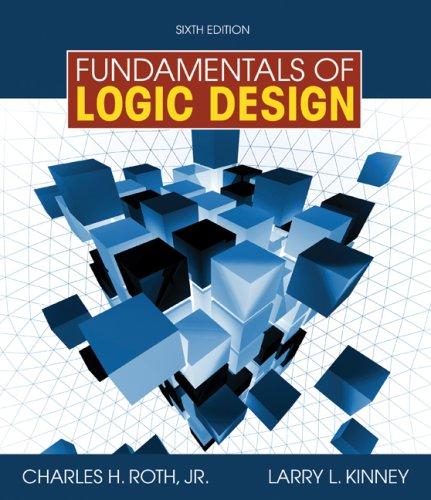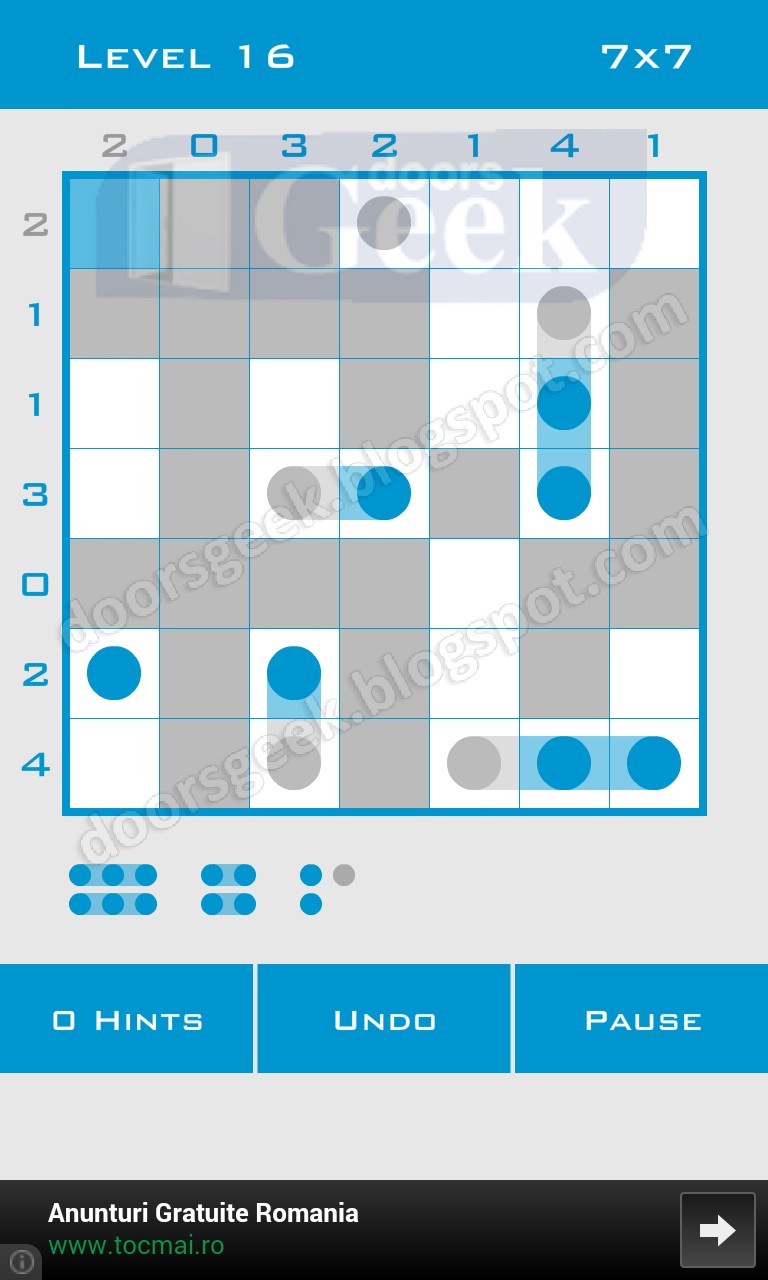

P − safe ∧ W − safe ∨ P − safe ∧ R − safeĪlternatively, the subproofs could easily have been pulled out into lemmas. P − safe ∧ R − safe ∨ P − safe ∧ W − safe R − safe ∧ W − safe ∨ P − safe ∧ R − safe ∨ P − safe ∧ W − safe P − safe ∧ R − safe ∨ P − safe ∧ W − safe ∨ R − safe ∧ W − safe Q − has − 1 ⇒ P − safe ∧ R − safe ∨ P − safe ∧ W − safe ∨ R − safe ∧ W − safe Theorem: above problem (Exercise 2.6.13), line 2 Or similarly, "Politician X claims to support science funding, but voted against a proposal to shift all Medicare funds to NASA. Terry hypocritical, they'll have to provide further evidence or arguments.
#Logic world solutions free
People wouldn't condemn Terry as a hypocrite just because of this even the most dedicated of people are entitled to some free time. But Terry played Tetris yesterday rather than volunteering with Amnesty International 39. " Terry claims that encouraging human-rights is more important than playing Tetris. Particular, political issues as spun to the mainstream press are often riddled with error, even though there are usually reasonable arguments on both sides which policy-makers and courts

(And, formal logic is not particularly helpful here.) Nonetheless, uncovering hiddenĪssumptions in arguments often helps understand the real issues involved.ĪSIDE: For fun, pick up the front page of the daily newspaper, and see how many arguments use faulty rules of inference andjor rely on unspoken premises (which not all might agree with). Weren't asked to name a specifc faw, and reasonable people can difer on precisely what the faw is. The faw seems to be along the lines of, " avoiding bad in the short run may not always be good in the long run " (or equivalently, sometimes you have to choose the lesser of two evils). " If the original conclusion is really correct, Tracy needs to elucidate some of his unspoken assumptions. Therefore childbirth needs be avoided by all people. " Or, " It is bad for people to be in physical pain.Ĭhildbirth causes pain. Doing homework makes me depressed so it's good to not do my homework. Without RAA, we cannot provide a proof of ¬false, so the smaller system is incomplete. There are negated formulas that are true (and have no premises) for example ¬false. It would not be complete, though: As pointed out, RAA is our only way to prove negations without premises. If we just discard all those that include RAA, the remaining proofs are still all true, so the smaller system is sound. It would be sound: Look at all the possible proofs that can be made in the original system all those proofs lead to true conclusions (since that original system is sound, as we're claiming). Given these two facts (that each problem reduces to the other), we realize that really they are essentially the same problem, in disguise.Ĭompare the last two columns in the following: Thus, the Equivalence problem isn't particularly harder than the Tautology probleml Whether the two original formulas were equivalent.

So, you ask your friend whether this bigger formula is a tautology, and you then have your answer to

This formula is true exactly when φ and ψ are equivalent. Problem isn't particularly harder than the Equivalence problem.īut also, Equivalence can be reduced to Tautology: if somebody asks you whether φ is equivalent to ψ, you can construct a new formula ( φ ⇒ ψ) ∧ ( ψ ⇒ Your friend's answer for this variant question will be your answer to your customer's question about φ. We can indeed reduce the question of Tautology to the question of Equivalence: if somebody asks you whether φ is true, you can just turn around and ask your friend whether theįollowing two formulas are equivalent: φ, and true. We won't worry about minimizing formulas ourselves, though. They are most easily used when only a small number of variables are involved.


 0 kommentar(er)
0 kommentar(er)
